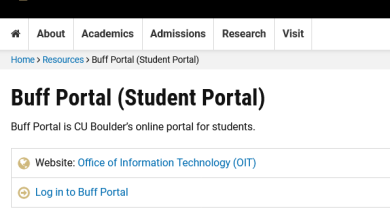20 per cent Rural base allowance for Teachers to be Paid
20% Rural base allowance for Teachers to be Paid
– Teacher unions from across the nation have joined forces in a resolute stance, issuing an ultimatum to the Ministry of Education to address several outstanding issues.Countdown to Education Showdown: Teacher Unions Demand Resolution“.
This collective effort aims to compel the government to address a series of long-standing grievances.
Despite repeated reminders from the teacher unions, there has been no official response from the Ministry of Education or the Ghana Education Service.
20%
However, amidst this discontent, a glimmer of optimism has emerged among teachers, as indications suggest that the government is finally willing to fulfill its promise of paying a 20% rural allowance.
The demand for this allowance has been a protracted battle, with numerous Ministers of Education seeking parliamentary approval over the years. Yet, teachers stationed in rural areas have reported not receiving these funds.
The Ghana Education Service’s Collective Agreement clearly outlines the provision for this allowance, along with various other entitlements. Ministers of Education have informed Parliament of the government’s commitment to implementing the 20% rural allowance for teachers in remote areas.
This decision stems from the Ministry’s recognition of teachers’ reluctance to accept postings in underserved districts, which hampers the delivery of quality education. Former Education Minister Dr. Matthew Opoku Prempeh reiterated this allowance during a televised interview on Net2 TV’s program, ‘The Seat Show,’ under the current Nana Akufo-Addo administration.
The process for disbursing the allowance will involve identifying and defining eligible schools and teachers. While the current Minister of Education, Dr. Yaw Osei Adutwum, has not spoken specifically about the allowance, his involvement in implementing the teacher professional allowance raises expectations for further action in this regard.
Postings
The issue of teacher postings and rejections has become a significant concern. After spending a minimum of three years in universities or colleges of education, teachers are often assigned to remote villages. Many newly recruited teachers expressed their dissatisfaction on social media, with some having to resort to swimming to reach their assigned schools, given the challenging conditions in some deprived areas.
Successive governments have recognized that this problem hinders children in rural areas from accessing quality education.
In response, efforts have been made to construct teacher accommodations to incentivize teachers to accept postings in deprived regions.
The Ministry of Education has introduced various policies, including a Teacher’s Housing Policy and a vehicle acquisition policy, to support teachers nationwide, particularly those in rural areas.
In response to the teacher shortage issue, the Ministry introduced the Untrained Teacher Training Programme, providing an alternative route to train pupil teachers already situated in rural areas.
It is imperative that the Ministry of Education, in conjunction with the Ghana Education Service, urgently addresses the concerns raised by the three teacher unions, as they possess all the necessary data to understand the challenges faced by teachers.
Allowance than salary increment
Today, when discussing teacher remuneration, it is evident that many Teachers are more concerned about the payment of their allowances than salary increments. This unified stand by teacher unions underscores the importance of addressing these issues to ensure the well-being of Teachers and the quality of education provided to students.
Find Your Way on the New MOE EMIS APP For School Census 2023
EMIS Teachers Profile | Kobo Toolbox
More Updates Seekers




